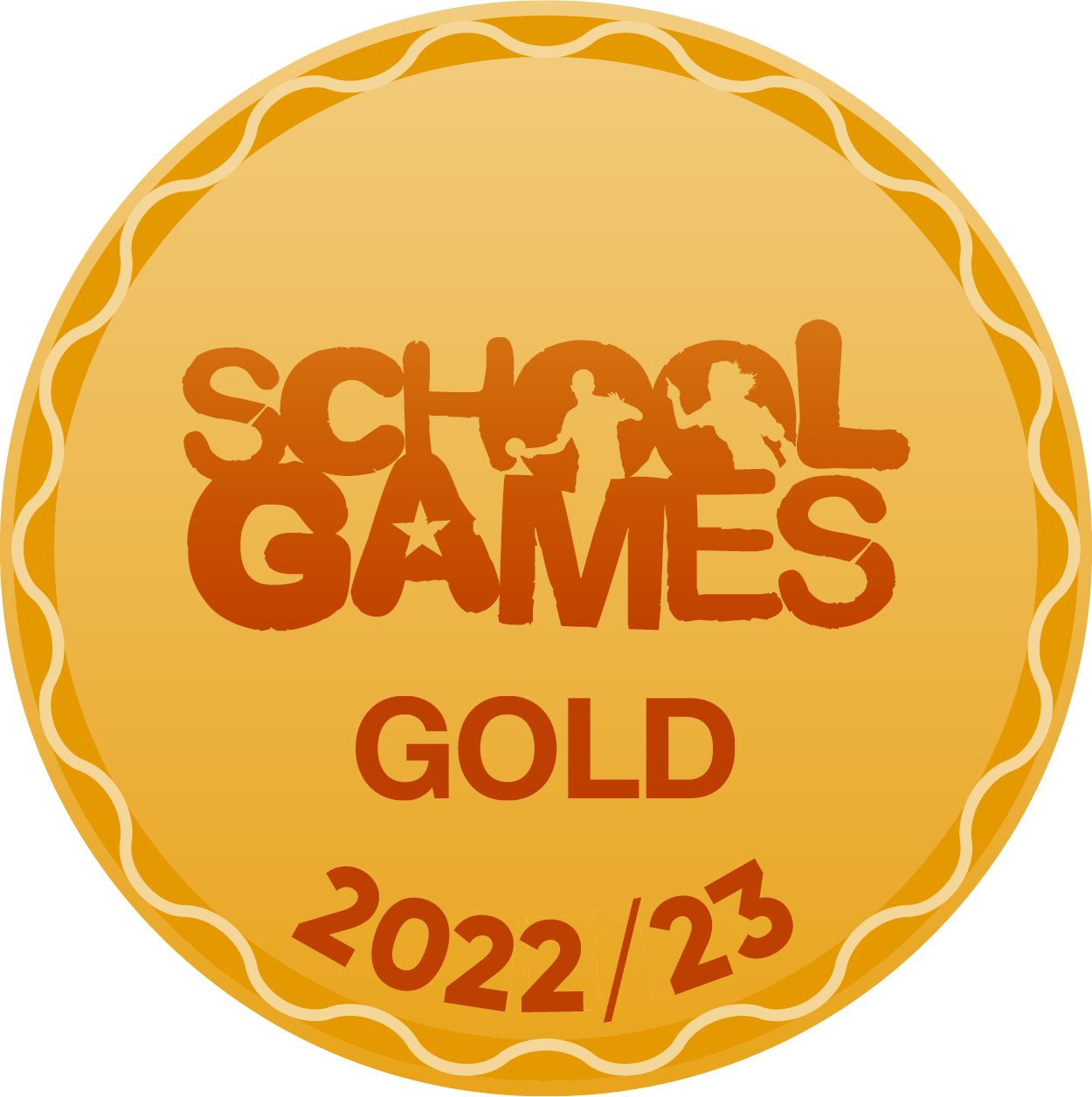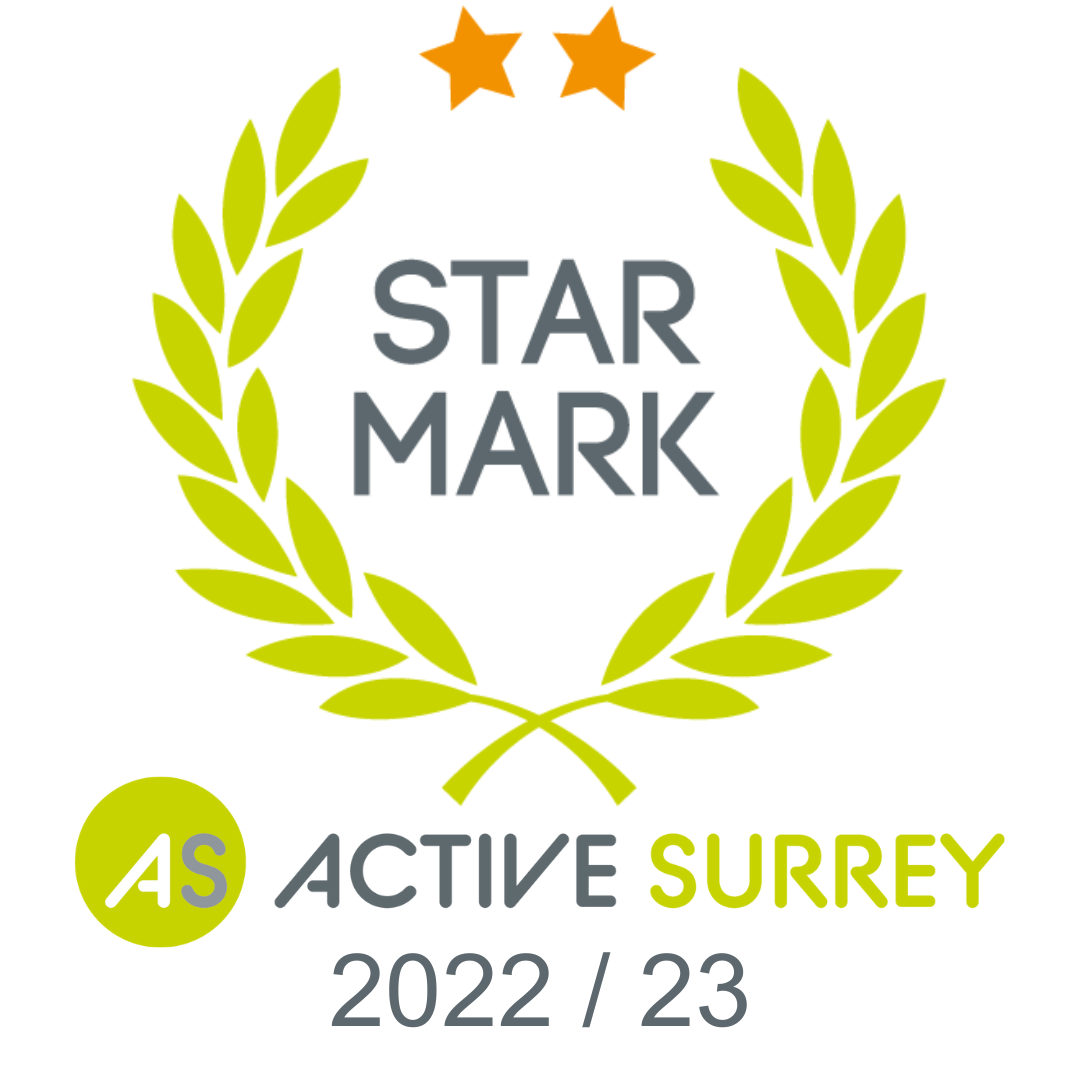Computing
Intent
At William Cobbett Primary School we want children to be masters of technology. Technology is everywhere and will play a pivotal part in our children’s lives. Therefore, we want to model and educate our pupils on how to use technology positively, responsibly and safely. We want our pupils to be creators not consumers and our broad curriculum encompassing computer science, information technology and digital literacy reflects this. We want our pupils at William Cobbett to understand that there is always a choice when using technology and as a school we utilise technology (especially social media) to model positive use. We recognise that the best prevention for a lot of issues we currently see with technology and social media is through education. We recognise that technology can allow pupils to share their learning in creative ways. We also understand the accessibility opportunities technology can provide for our pupils. Our knowledge rich curriculum has to be balanced with the opportunity for pupils at William Cobbett to apply their knowledge creatively which will in turn help our pupils become skilful computer scientists. We embed computing across the whole curriculum to make learning creative and accessible. We want our pupils to be fluent with a range of tools to best express their understanding.
The National Curriculum states:
A high-quality computing education equips pupils to use computational thinking and creativity to understand and change the world. Computing has deep links with mathematics, science, and design and technology, and provides insights into both natural and artificial systems. The core of computing is computer science, in which pupils are taught the principles of information and computation, how digital systems work, and how to put this knowledge to use through programming. Building on this knowledge and understanding, pupils are equipped to use information technology to create programs, systems and a range of content. Computing also ensures that pupils become digitally literate – able to use, and express themselves and develop their ideas through, information and communication technology – at a level suitable for the future workplace and as active participants in a digital world.
Implementation
Computing is taught weekly and each class has access to desktop computers, laptops and iPads. As a school, we are passionate that our children receive a broad, balanced, inclusive and diverse curriculum that enhances their cultural capital. Our online safety curriculum is mapped out so as to ensure yearly progression and coverage of the eight areas laid out in the Education for a Connected World framework. Each half-term the whole school will focus on one of the eight areas and learning will build upon learning from the previous years. The eight areas are:
- Self-image and identity
- Online relationships
- Online reputation
- Online bullying
- Managing Online information
- Health, Well-being and lifestyle
- Privacy and Security
- Copyright and Ownership
Online safety is also taught in PSHE, through events such as Safer Internet Day and Anti-Bullying Week and forms part of day to day dialogue with our children as we equip them for a digital life. With this approach, it is our intention that pupils will build resilience and develop safe and appropriate behaviours online, which in turn will lead to positive online experiences.
Throughout our pupils’ journey at William Cobbett, each year they will develop their knowledge and understanding on the following six computing units based on the Teach Computing scheme. The six units of study are:
- Computing Systems and Networks
- Creating Media (A)
- Creating Media (B)
- Data and Information
- Programming (A)
- Programming (B)
Impact
Our curriculum aims to expand the children’s knowledge and the understanding of the role technology has in school and around the world. Learners will develop a respect for technology and its uses, know how to use technology safely, develop their problem-solving skills through enquiry and develop a love of computing
Computing is assessed at the end of each academic year in each year group. This is done through teacher judgment using the assessment laid out in the Computing progression of knowledge and skills document. Teachers record children’s progress from Reception through to Key Stage 2 in Computing. Teachers will need to judge if a child is developing, secure or greater depth at the end of each year group and this is communicated to parents through children’s annual reports.
Computing is monitored by the subject leader and senior leadership team through book looks, learning walks and pupil and teacher surveys. Monitoring observations are communicated to staff and support and training are put in place where a need has been identified.
Pupil Voice
‘It’s actually easier than I thought to make a computer game’
‘You must always be kind on the internet and on the phone’
‘My favourite lesson was when I composed a song’
Useful Websites
KS1 Computing - BBC BitesizeKS2 Computing - BBC Bitesize CEOP Education: thinkuknow.co.ukChildnet - Online safety for young people
Gamification with MakeCode Arcade - Institute of Imagination at home (ioi.london)
Keeping children safe online - NSPCC





